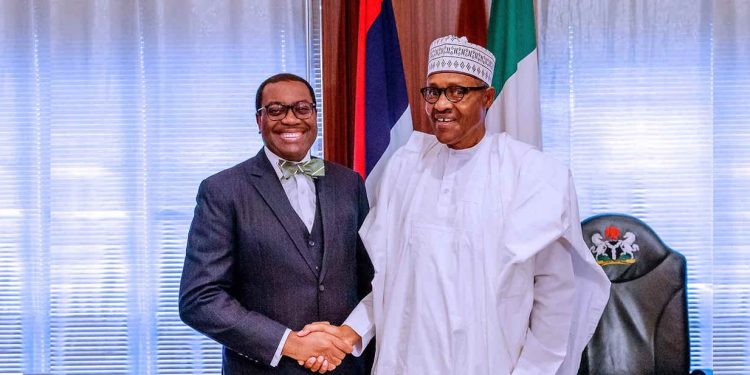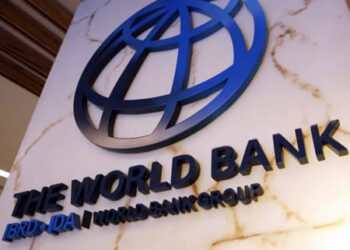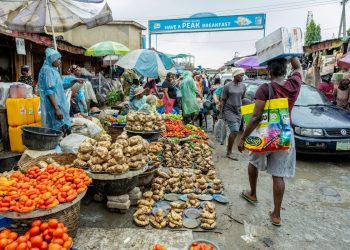On October 24 and 25, 2022, Nigerian President, Muhammadu Buhari, will officially inaugurate the Special Agro-industrial Processing Zones (SAPZ) program in collaboration with the African Development Bank, the Islamic Development Bank, and the International Fund for Agricultural Development.
This information is according to a disclosure available on the website of the African Development Bank (AFDB).
The SAPZ phase 1 implementation will be announced during the launch in the federal capital of Abuja, which also sends a clear message about Nigeria’s determination to alter its agriculture sector dramatically, create jobs, attain food security, and produce economic revenue.
Key development partners contributed $538.05 million to co-finance the first phase of the Nigeria SAPZ program. With $210 million, the African Development Bank contributes. A total of $310 million in funding will be given by the Islamic Development Bank and the International Fund for Agricultural Development. The Nigerian government will contribute $18.05 million.
Government representatives, implementing partners, prospective investors, farmers, agripreneurs, diplomats, and members of the development community will all be present during the two-day conference.
According to the press statement, the Special Agro-industrial Processing Zones will have top-notch infrastructure capable of luring foreign investment, particularly private sector interest, and fostering a market-oriented agricultural transformation that will increase agro-processing capacity throughout Africa.
What you need to know
-
The Special Agro-Industrial Processing Zones Program is designed to provide rural areas with strong agricultural potential with economic infrastructure. These areas would entice private investment from agro-industrialists and business owners, support Nigeria’s economic and social development, and reduce rural-to-urban migration.
50.4 million people who live in the project areas, which make up 19% of Nigeria’s total geographical area, will benefit. Based on a preparedness requirement as well as the necessity to establish a geographic balance among Nigeria’s six geo-political zones, the states where the program’s first phase will be executed were chosen.
Construction of Nigeria’s Phase 1 Zone is anticipated to increase the value of the following commodities: Rice, cassava, and cocoa which are grown in Cross River state, beef and dairy cattle in the Federal Capital Territory, livestock in Imo state, beef and dairy, tomato, maize, and ginger from Kaduna state, rice, tomatoes, groundnuts, and sesame oil from Kano state, livestock in Kwara state, cassava, rice, poultry, and fisheries in Ogun state, cassava, soybeans, and rice from Oyo State.
Generally, the project would aid Nigeria’s initiatives to increase agricultural output, encourage investment, generate income and jobs, and turn rural areas into hubs of economic growth. Its first phase will be put into action with $538.05 million in co-financing from additional partners.











